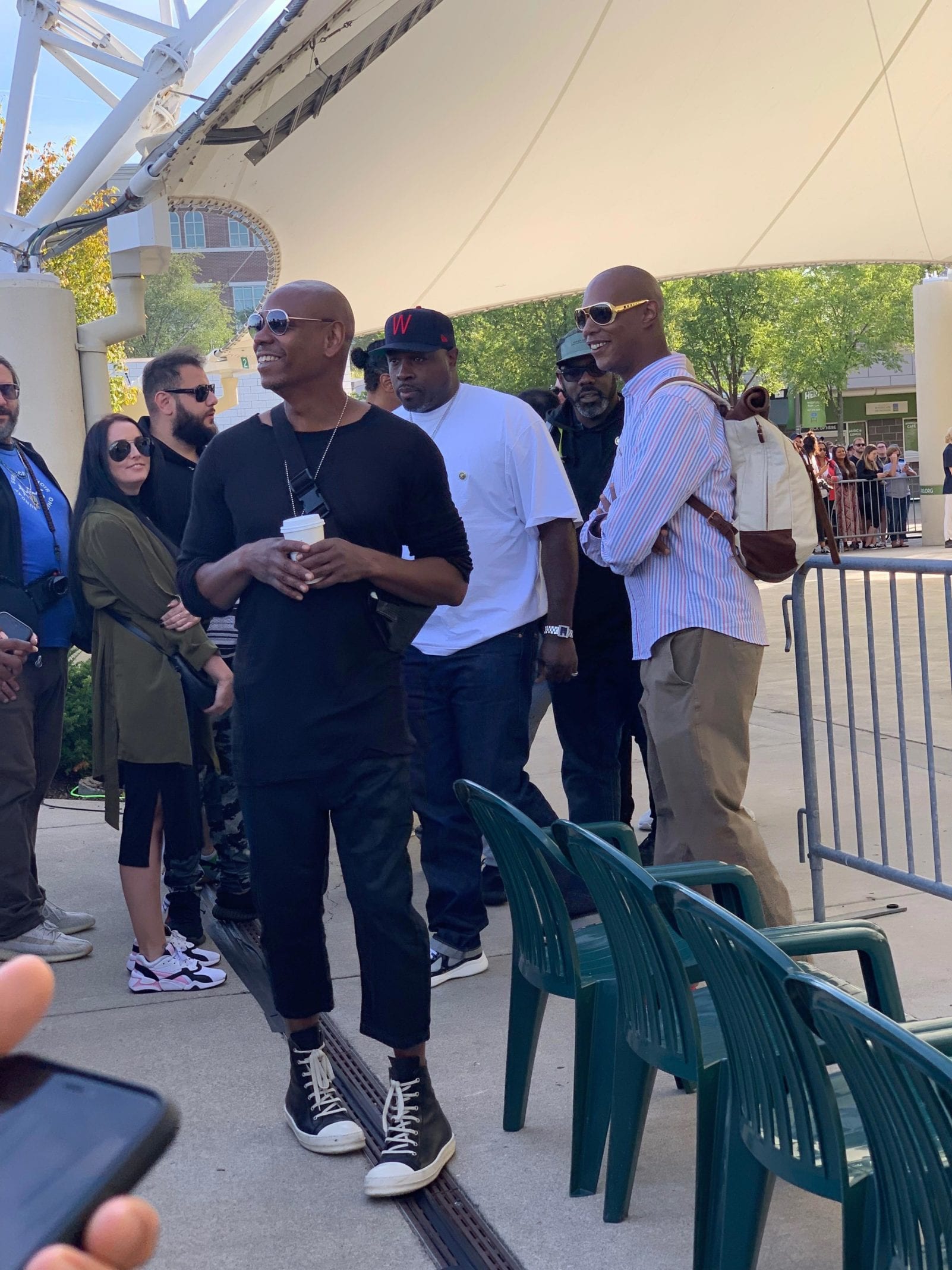Many of us want a big church, but pastors ought to pray for slow growth. We should check our hearts, battle pride, and give thought to the value of slow, steady growth as opposed to rapid, overwhelming growth.
Sometimes, God has other plans. David Platt took over for a mega-church pastor. Matt Chandler’s church experienced remarkable, numerical growth not long after he began preaching. Right after 9/11, Tim Keller saw an immediate increase in attendance of about 1,000 people. God does things like this, but these are the exceptions, not the rule.
The desire for fast growth isn’t sinful, but it is sinful to make an idol out of the size of your ministry. And sometimes, the line between godly and ungodly ambition is dangerously thin.
Ten years ago, I watched a preacher set a remarkable goal. He planned for 100 campuses, 100,000 church members, and 1,000 church plants—all in ten years. It’s a seductive vision. Who doesn’t want more church plants, more church members, more Christians? But I’m not convinced it’s a wise vision.
Smaller churches are not godlier than larger churches. I’m not calling for nogrowth. I’m simply going to suggest both you and your congregation will be well-served by slow and steady growth. If God wants to grow your work at a fantastic rate, submit to his will. The growth of our churches in the hands of our God. We can trust him.
Meanwhile, I pray the members of the church I serve, and the Christians in your church family would live out 1 Thessalonians 1:8, “For not only has the word of the Lord sounded forth from you in Macedonia and Achaia, but your faith in God has gone forth everywhere, so that we need not say anything.”
FIVE REASONS TO PRAY FOR SLOW GROWTH
1. Pray for slow growth because quality is better than quantity.
Let me be clear what I’m not saying. I’m not saying you should set the bar for membership so high that only theologically-solid Christians with a long track-record of faithfulness should be allowed to join your church. That would be ungodly; a church is not a seminary.
I am saying that younger pastors tend to ask fewer questions of incoming members than older pastors. When you are getting started, and you meet a couple on their fifth church in five years, you may think, “Wow, they finally found the right place!” But when you’ve been in ministry for a while, and you run into that same couple, you’re more likely to think, “This is potentially a problem I need to try and figure out before they join our church.”
If you are praying for slow growth, you’re much more likely to carefully shepherd Christians into your church, or carefully shepherd them back to another church, rather than quickly let them in for the sake of fast growth.
2. Pray for slow growth because good growth is likely lasting growth.
Proverbs 13:11 comes to mind: “Wealth gained hastily will dwindle, but whoever gathers little by little will increase it.” He’s saying how you gain wealth matters. The process is important. The more disciplined you are in your accumulation of wealth, the more likely it is to last. Consider how many lottery winners wind up broke.
Do you remember that pastor who cast a vision for 100 campuses, 100,000 members, 1,000 church plants? His church was big at the time, but now it’s gone.
It’s easy to be discouraged when you see a tiny trickle of people coming into your congregation. But if that trickle is good, solid growth, it’s much more likely to be growth that lasts.
3. Pray for slow growth because churches are not factories.
There’s a principle in economics called “economies of scale.” It’s a simple idea. A business experiences cost savings when it increases production. McDonald’s can negotiate a lower price for potatoes because it can buy millions of pounds. A ship is going to burn the same amount of fuel shipping ten containers as shipping a thousand. By being more efficient, factory managers can often produce more widgets with the same number of workers. All of this is the principle of economies of scale. Long story short, it’s usually very efficient when businesses grow.
But God didn’t design the church to maximize efficiency. As helpful as small groups may be, they’ll never replace a one-to-one conversation. As valuable as marriage retreats are, your church will always have couples in desperate need of marriage counseling.
Your sermon prep time will probably stay the same if you are preaching to fifty or 500. But as your church grows, the pastoral demands will grow as well, and it will become increasingly more difficult to ensure the body is shepherded well.
I’m thinking of Paul’s exhortation to the Ephesians elders Acts 20:28, “Pay careful attention to yourselves and to all the flock, in which the Holy Spirit has made you overseers.” The words in that sentence that stand out to me are “careful” and “all.” Elders are to carefully shepherd every single member of the congregation. This is highly inefficient work. We shouldn’t think this work will become easier as the church grows.
Therefore, pray for slow growth.
4. Pray for slow growth because your ability to shepherd well will grow with time.
Shepherds are first and foremost Christians. They’re in the process of being sanctified. This is slow, gradual work.
- Hebrews 10:14, “For by a single offering he has perfected for all time those who are being sanctified.”
- Philippians 1:6, “And I am sure of this, that he who began a good work in you will bring it to completion at the day of Jesus Christ.”
- 1 Corinthians 1:18, “For the word of the cross is folly to those who are perishing, but to us who are being saved it is the power of God.”
- Colossians 3:9–10, “Do not lie to one another, seeing that you have put off the old self with its practices and have put on the new self, which is being renewed in knowledge after the image of its creator.”
All this applies to pastors. Our ability to shepherd well grows over time. We grow in love. We grow in joy. We grow in peace. We grow in patience. We grow in kindness. We grow in goodness. We grow in faithfulness. We grow in gentleness. We grow in self-control. Simply put, if the Holy Spirit is within us, if we’re fighting the good fight of the faith, we’re becoming better pastors.
Large congregations come with many, many needs. Some men are well-suited to step into a context like that and immediately start shepherding. Most men are not. Most of us need more time to grow and mature. You can’t microwave wisdom.
Therefore, pray for slow growth because your ability to shepherd will grow over time.
5. Pray for slow growth because frail, faithful churches look a lot like Jesus.
Small churches growing slowly seem weak. They appear to be one crisis away from folding, and I suppose that’s true. Many small churches are just barely holding on.
But here’s my question: if the church is the body of Christ, shouldn’t we embrace frail, faithful churches, churches that really do resemble Isaiah 53:2–3:
He had no form or majesty that we should look at him, and no beauty that we should desire him. He was despised and rejected by men; a man of sorrows, and acquainted with grief; and as one from whom men hide their faces he was despised, and we esteemed him not.
We live in a world that idolizes speed, size, and flash. This isn’t the Christ I worship, and I’m not sure it’s the church I want to worship in.
God may see fit to grow my church in a remarkable way—he’s done so with men like Chrysostom and Charles Spurgeon and John Piper. But however big my church is, I pray it keeps the frailty and faithfulness of my Savior—always humble, always dependent upon the Holy Spirit, always willing to be rejected by the world.
This article about pastors ought to pray for slow growth originally appeared here.














